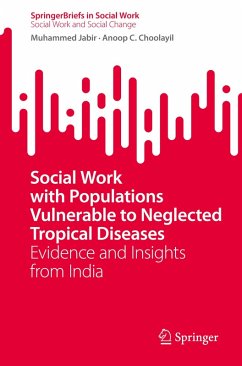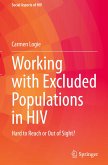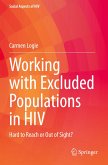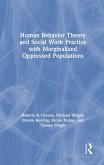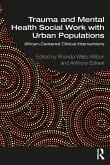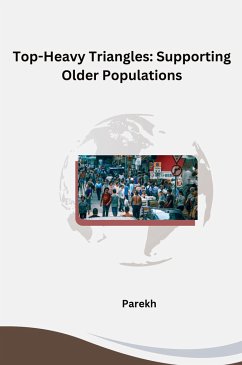This book discusses the need to establish social work for Neglected Tropical Diseases (NTDs) with an emphasis on the emerging role of effective and sustainable social interventions for the control and elimination of NTDs.
NTDs are a group of infectious diseases prevalent in tropical and subtropical regions, causing significant morbidity and mortality to the world's poorest populations but receiving relatively lesser attention. They significantly affect communities with poor financial resources, inadequate sanitation and limited healthcare facilities, indicating their social dimension. Addressing NTDs requires multifaceted strategies that consider environmental, social, and economic factors, with socioeconomic factors emerging as a critical determinant.
The global battle against NTDs has seen significant progress, yet social workers' involvement remains limited, particularly in high-prevalence regions like India. This stems from undefined roles and a lack of focus within existing NTD frameworks. Integrating social work into NTD intervention is crucial for addressing the diverse challenges associated with these diseases, especially the social dimensions. Social workers, by advocating for health equity, engaging communities, addressing social determinants, and collaborating with healthcare professionals, can contribute significantly to the broader efforts in mitigating the impact of NTDs on vulnerable populations.
This book builds on the social nature of NTDs to argue for the case of NTD social work. Establishing NTD social work requires efforts in training, standardising practices, research, advocacy, infrastructure development, and partnerships. Among the topics covered:
Neglected Tropical Diseases: A Brief Introduction to the Global ScenarioNeglected Tropical Diseases and the Social Dimension of Illness in IndiaSocial Work for the Control and Elimination of Neglected Tropical DiseasesTowards Sustainable Impact: Future Directions in Social Work for NTD Control and Elimination
Social Work with Populations Vulnerable to Neglected Tropical Diseases helps readers to understand the intersectional nature of health inequities and effectively work towards the control and elimination of diseases of poverty, specifically NTDs. The book is useful reading for health social workers, social work educators, healthcare professionals, medical and public health educators, and public policy and health policy researchers.
NTDs are a group of infectious diseases prevalent in tropical and subtropical regions, causing significant morbidity and mortality to the world's poorest populations but receiving relatively lesser attention. They significantly affect communities with poor financial resources, inadequate sanitation and limited healthcare facilities, indicating their social dimension. Addressing NTDs requires multifaceted strategies that consider environmental, social, and economic factors, with socioeconomic factors emerging as a critical determinant.
The global battle against NTDs has seen significant progress, yet social workers' involvement remains limited, particularly in high-prevalence regions like India. This stems from undefined roles and a lack of focus within existing NTD frameworks. Integrating social work into NTD intervention is crucial for addressing the diverse challenges associated with these diseases, especially the social dimensions. Social workers, by advocating for health equity, engaging communities, addressing social determinants, and collaborating with healthcare professionals, can contribute significantly to the broader efforts in mitigating the impact of NTDs on vulnerable populations.
This book builds on the social nature of NTDs to argue for the case of NTD social work. Establishing NTD social work requires efforts in training, standardising practices, research, advocacy, infrastructure development, and partnerships. Among the topics covered:
Neglected Tropical Diseases: A Brief Introduction to the Global ScenarioNeglected Tropical Diseases and the Social Dimension of Illness in IndiaSocial Work for the Control and Elimination of Neglected Tropical DiseasesTowards Sustainable Impact: Future Directions in Social Work for NTD Control and Elimination
Social Work with Populations Vulnerable to Neglected Tropical Diseases helps readers to understand the intersectional nature of health inequities and effectively work towards the control and elimination of diseases of poverty, specifically NTDs. The book is useful reading for health social workers, social work educators, healthcare professionals, medical and public health educators, and public policy and health policy researchers.

